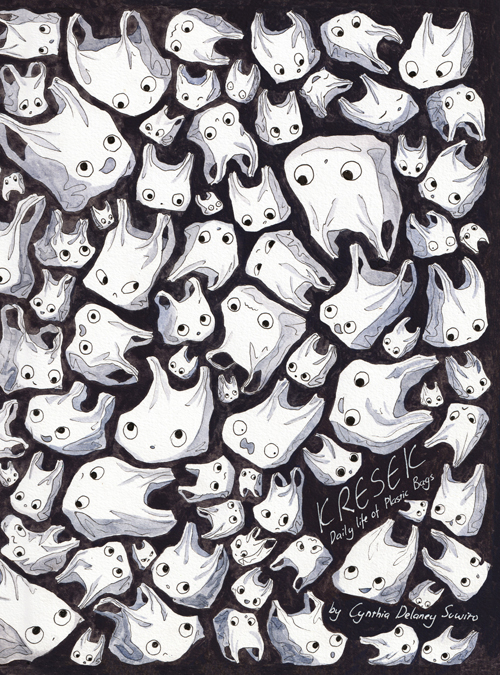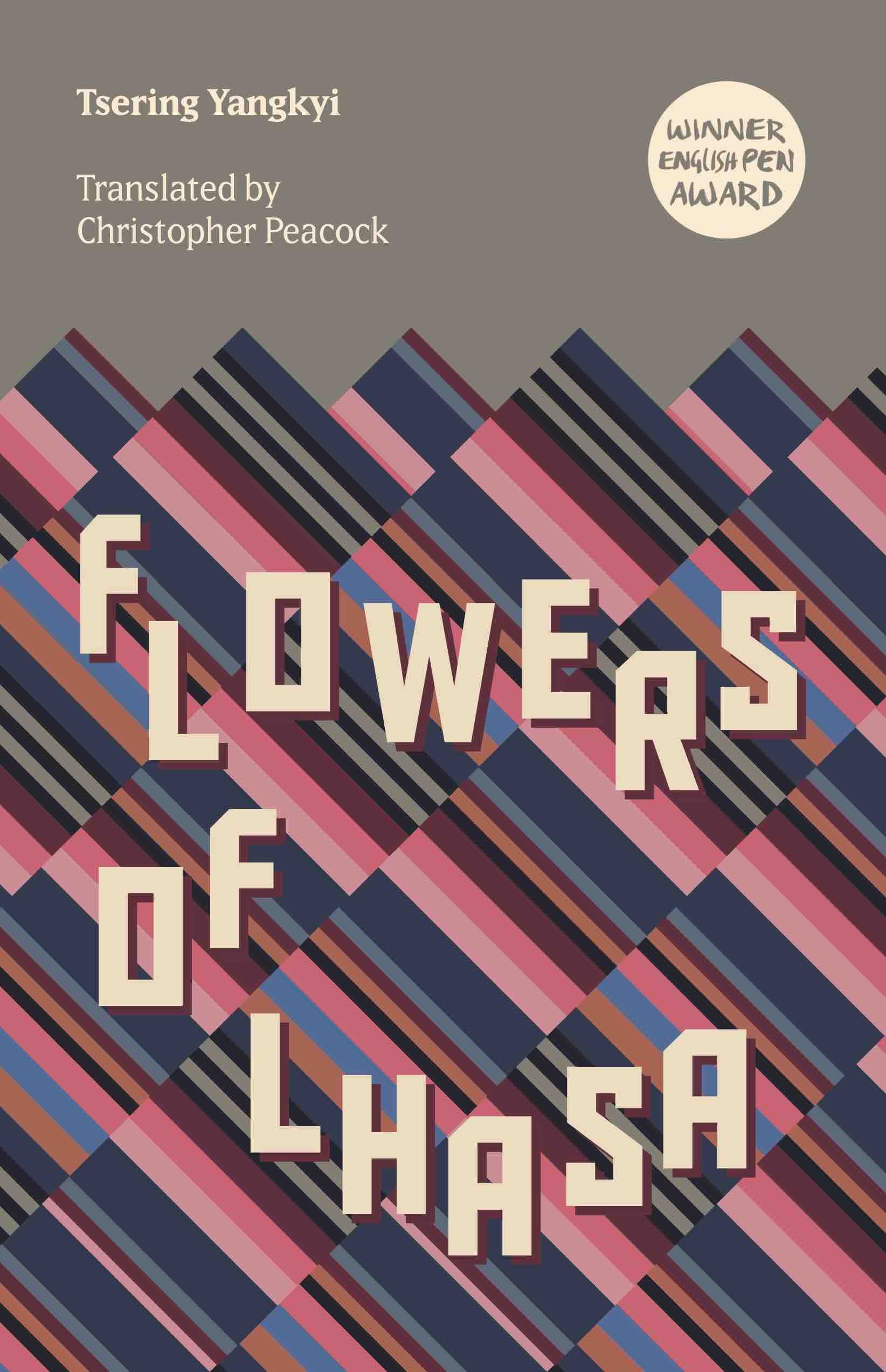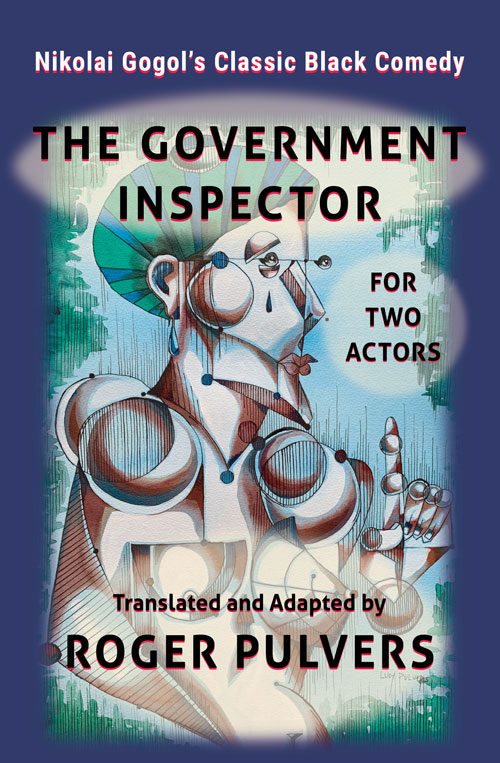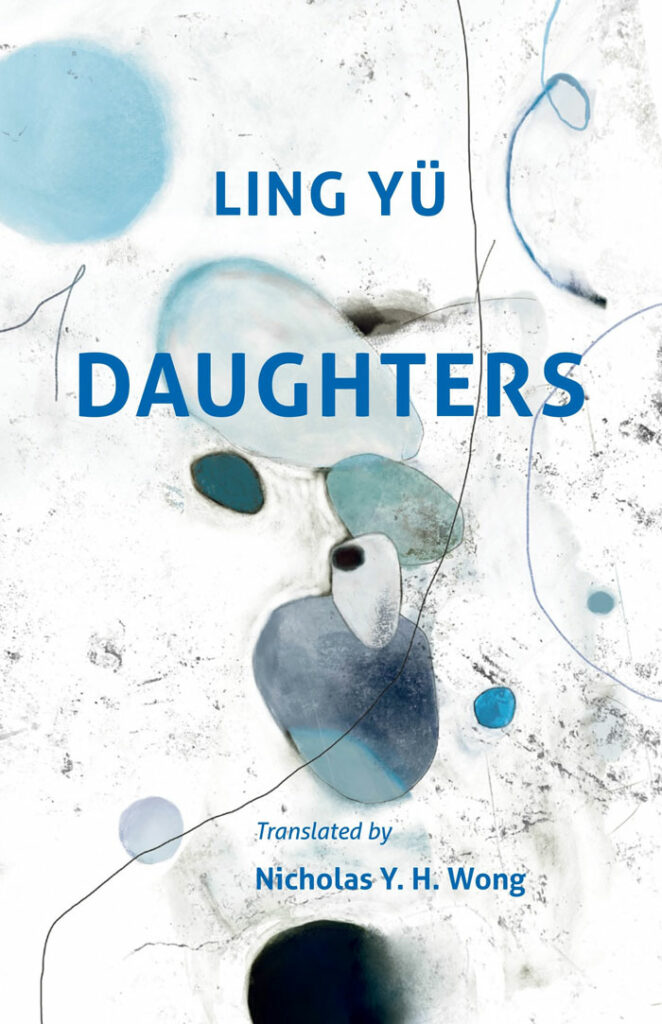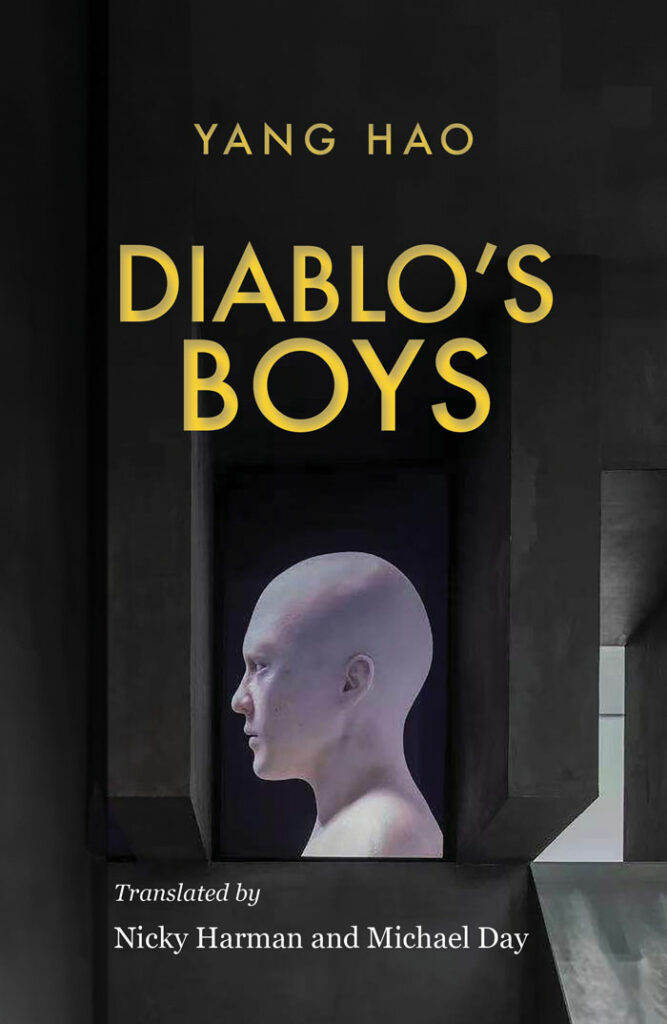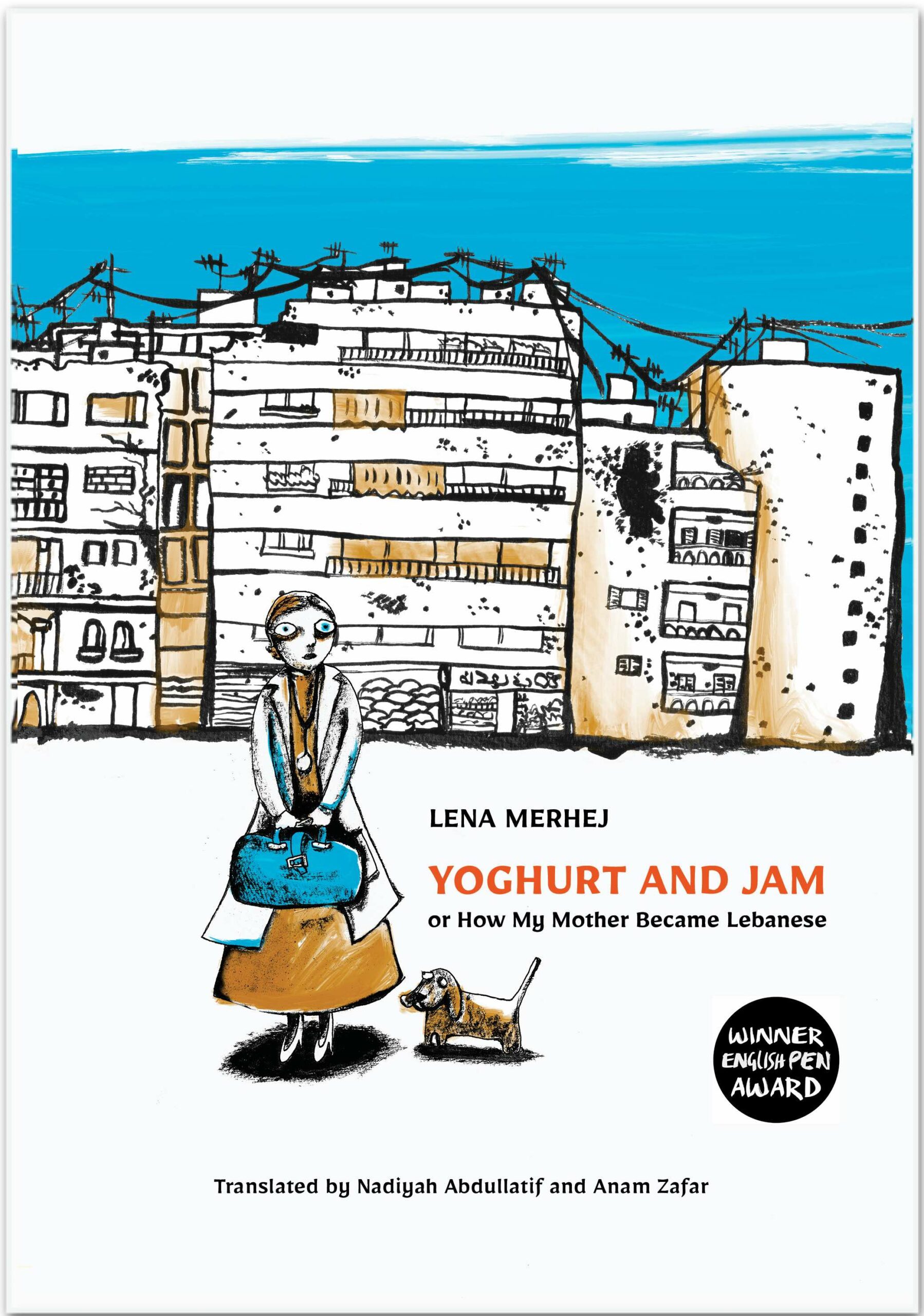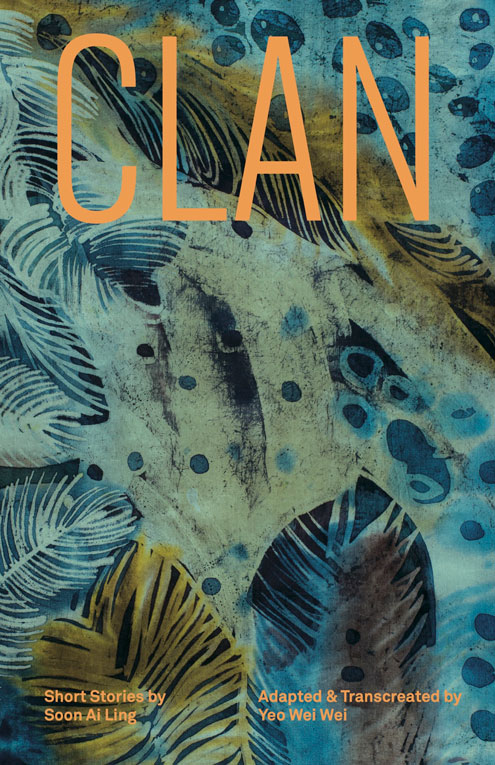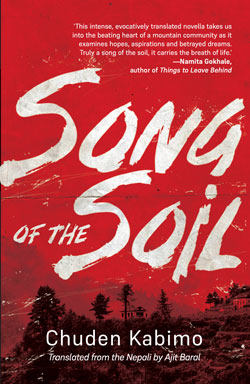Recent Awards
- Ling Yü (author of Daughters, translated by Nicholas Y. H. Wong) is the winner of the 2025 Newman Prize for Chinese Literature.
- Yoghurt and Jam (or how my mother became Lebanese) by Lena Merhej, translated from the Arabic by Nadiyah Abdullatif and Anam Zafar, longlisted for the 2024 Warwick Prize for Women in Translation and shortlisted for the 2024 Society of Authors Saif Ghobash Banipal Prize.
- Huang Chun-Ming (author of Raise the Bottles and A Platform with No Timetable, translated by Howard Goldblatt), is the winnder of the 2024 Malaysia Hua Zong World Chinese Literature Award).
- The Joy of a Left Hand by Liang Wern Fook, translated by Christina Ng, shortlisted for the Singapore Literature Prize 2024.
- Cai Gao (illustrator of Tan Hou and the Double Six Festival translated and adapted by Helen Wang), shortlisted for the Hans Christian Andersen Awards 2024.
- Jeremy Tiang (translator of Unrest and Costume by Yeng Pway Ngon, and Bearing Word by Liu Liangcheng), longlisted for the International Booker Prize 2023.
- Yoghurt and Jam (or how my mother became Lebanese) by Lena Merhej, translated from the Arabic by Nadiyah Abdullatif and Anam Zafar, received an English PEN Award (PEN Translates 2023).
- Song of the Soil by Chuden Kabimo, translated by Ajit Baral, shortlisted for the JCB Prize for Literature 2022.
- Lying Eyes by A.K. Kulshreshth, longlisted for the Epigram Books Fiction Prize 2022.
- The Archaeology of a Dream City by Monica Raszewski, shortlisted for the UTS Glenda Adams Award for New Writing from the NSW Premier’s Literary Awards 2022.
- Flowers of Lhasa by Tsering Yangkyi, translated from the Tibetan by Christopher Peacock, received an English PEN Award (PEN Translates 2021).
- The 6th Bai Meigui Translation Competition (Sleepy, Sleepy New Year, by Meng Yanan, translated by Izzy Hasson).
- Xu Xiaobin (author of Crystal Wedding and A Classic Tragedy, translated by Nicky Harman and Natascha Bruce) nominated the 2019-2020 Newman Prize for Chinese Literature.
- Natascha Bruce (translator of Lonely Face by Yeng Pway Ngon) received the 3rd prize of John Dryden Translation Competition, and the short-list in 2019-2020 Society of Authors TA First Translation Prize.
- Chia Joo Ming (author of Exile or Pursuit, translated by Sim Wai Chew) received (South East Asia) SEA Write Award, and Singapore Literature Prize 2020.
- Roger Pulvers (author of Half of Each Other, Liv, The Honey and the Fires, The Dream of Lafcadio Hearn, Peaceful Circumstances, My Japan: A Cultural Memoir, The Unmaking of an American and translator of Night on the Milky Way Train by Kenji Miyazawa) awarded 2019 “The Order of Australia” for his significant service to Japanese literature and culture as a writer, translator and educator.
- Balestier Press was selected by the Frankfurt Book Fair Invitation Programmes 2019.
- Darryl Sterk (translator of Wedding in Autumn by Shih Chiung-yu, The Bear Whispers to Me by Chang Ying-Tai, and The Tree Fort on Carnation Lane by Horace Ho), longlisted for the International Booker Prize 2018.
Kresek, Daily Life of Plastic Bags. by Cynthia Delaney Suwito. Kresek is the rustling of plastic bags in Bahasa Indonesia. It is also the title of this light-hearted wordless comic, revolving around the little movements of the plastic bag.
This book offers a fresh perspective of the plastic bag by giving the common object a face and a personality. Following the earthly adventures of the plastic bag, this book invites people to give the plastic bag more thought, connecting to it and examining its place in today’s cultures. When we have hopefully passed the plastic bag obsession in the future, this book will be a reminder of a behaviour that we once had.
Flowers of Lhasa by Tsering Yangkyi, translated from the Tibetan by Christopher Peacock
Flowers of Lhasa is a stark and urgent tale of four young women thrown into the seedy underbelly of a sacred city undergoing rapid change.
Tsering Yangkyi’s novel paints a vivid portrait of Lhasa, Tibet’s cultural and religious capital. This is a holy city where thousands of pilgrims daily circumambulate the Potala Palace and the Jokhang Temple, but it is also a modern city, with all the problems of the modern world. While immersing us in the vibrant uniqueness of Tibetan life, Flowers of Lhasa also paints a haunting picture that deals with global and timely concerns.
The Goverment Inspector for Two Actors. Ukrainian literature master, Nikolai Gogol‘s The Government Inspector, translated and adapted for two actors by Roger Pulvers. (Published: 30 March 2022)
New Books
by Ling Yü. Translated by Nicolas Y. H. Wong
Winner of the 2025 Newman Prize for Chinese Literature
Ling Yü’s language is economical and concise, yet surprising and reverberating with complex meaning… Through her works, readers encounter a prism of rich, elegantly employed references that span themes of meditation, travel, feminism, capitalism, the environment, mythology and more.—Cosima Bruno (SOAS, London)
by Yang Hao. Translated by Nicky Harman and Michael Day
“The protagonists in this novel have plumbed the depths of human nature. As they wrestle with life’s dilemmas, the truths of a generation are revealed.” —Jia Zhangke, international award-winning film director
A-Maze : Myanmar’s Struggle for Democracy, 2011-2023:
by Ma Thida. Translated from the Burmese by Maung Zaw
“The book gives a gripping account of the days after the 2021 coup, and chronicles what went on in the minds of the citizens fighting for democracy. Ma Thida walks us through the Maze that Myanmar has trapped itself in, in fact since way before the 2021 coup. Readers will find this book is not a record of events. Ma Thida is urging us to find the way out of the Maze.” — Aiko Doden (Journalist, NHK, Japan Broadcasting Corporation)
Yoghurt and Jam (or How My Mother Became Lebanese):
by Lena Merhej, Translated from the Arabic by Nadiyah Abdullatif and Anam Zafar
Discovering how her mother likes her yoghurt sparks a captivating exploration of what led her mother from Germany to Lebanon, as well as triggering Lena’s quest for self-discovery. Blending humour with poignant reflections, Lena delves into her mother’s life as a doctor during the Lebanese Civil War, challenging East-West clichés and embracing the complexities of hybrid identity. (Graphic Memoir, Winner of English Pen Award 2023)
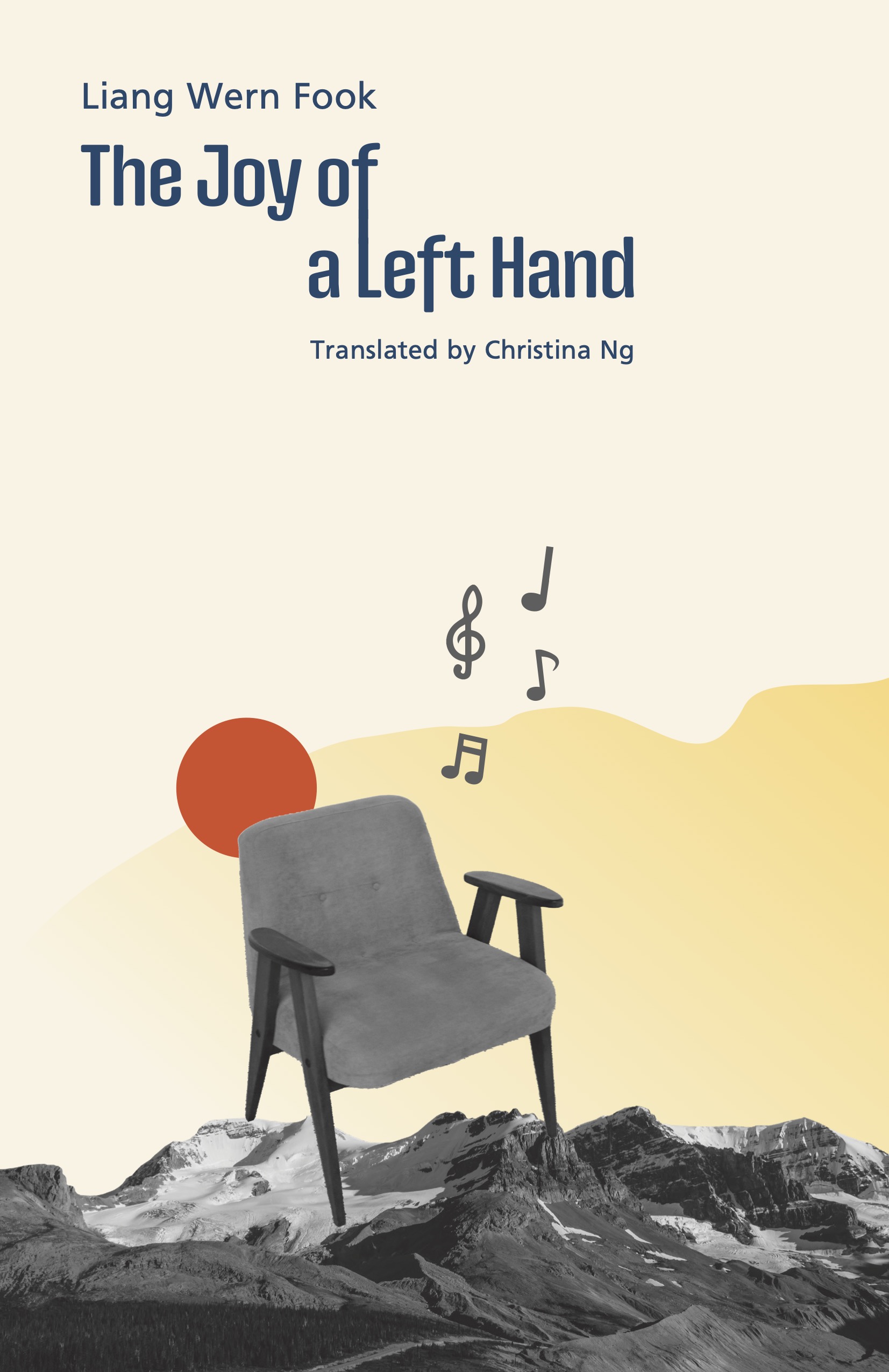
by Liang Wern Fook, translated by Christina Ng,
Diasporic: Short Stories by Soon Ai Ling, Translated by Yeo Wei Wei
In Soon Ai Ling’s fiction, newly translated into English by Yeo Wei Wei, the lives of twentieth-century Chinese diaspora unravel in the midst of emblems and environments resplendent with cultural influences from East and Southeast Asia.
Clan: Short Stories by Soon Ai Ling, Adapted and Transcreated by Yeo Wei Wei
The past gets in the way of present and future possibilities, yet without it, what hope is there for self-knowing and wisdom? These questions are explored in Yeo Wei Wei’s transcreation and adaptation of Soon Ai Ling’s stories.
Song of the Soil by Chuden Kabimo, translated from the Nepali by Ajit Baral
Set in the foothill town of Kalimpong in the Himalayas, Song of the Soil brings alive the story of the revolution for a separate state of Gorkhaland in the late 1980s and lays bare the many faces of violence. In doing so, it asks the vital question: Who ultimately wins in a revolution—and who loses?
‘Song of the Soil is a shining example of how one can write about a violent incident without recreating the violence. The author blends bildungsroman with a conflict story with great dexterity, bringing out new aspects of both forms. This book is able to make poetry out of brutal situations, but does so with honesty, humour, and gentleness.’— The JCB Prize for Literature 2022 Jury

